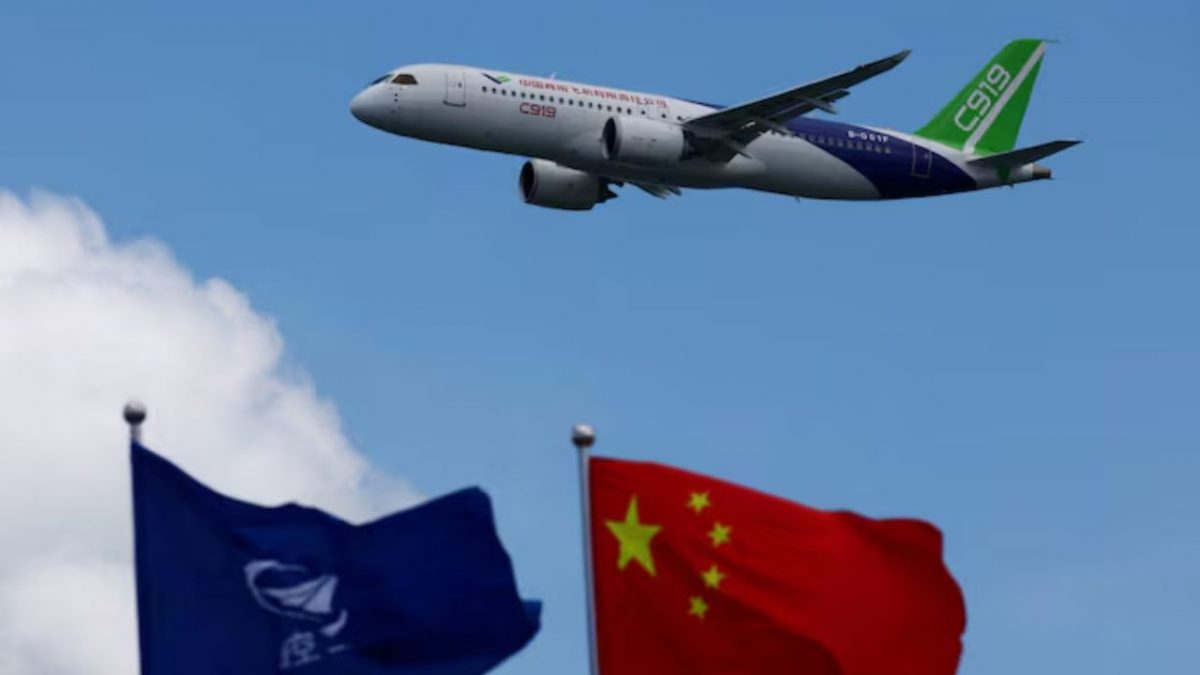Major Setback for China's Aviation Industry: US Restricts Export of Key Aircraft Parts and Technology
)
China's ambitious goals in the commercial aircraft sector have taken a significant hit as the US government has tightened restrictions on the export of vital jet parts and technology. The US Commerce Department has suspended licenses for American companies that previously supplied these crucial components to Commercial Aircraft Corp of China Ltd (COMAC), a state-owned enterprise.
This move, announced recently, effectively limits COMAC's access to essential resources needed for the production and maintenance of its aircraft, including the widely anticipated C919 passenger jet. While the specifics of the affected parts and technologies remain somewhat confidential, industry experts believe they likely encompass sophisticated components like avionics, advanced materials, and specialized manufacturing equipment.
Why is this happening? The decision stems from concerns regarding the potential use of these technologies to support China's military modernization efforts. The US government has increasingly scrutinized technology transfers to China, citing national security concerns and unfair trade practices. This action is part of a broader trend of escalating technological restrictions aimed at curbing China's advancements in key strategic sectors.
Impact on COMAC and China's Aviation Ambitions: The implications for COMAC are substantial. The company has been striving to become a major global player in the commercial aircraft market, challenging the dominance of Boeing and Airbus. However, relying heavily on foreign suppliers for critical components has always been a vulnerability. This export restriction will undoubtedly delay production timelines, increase costs, and potentially compromise the overall quality and reliability of COMAC's aircraft.
Furthermore, the move sends a clear message to China about the US's commitment to safeguarding its technological edge. It’s likely to spur China to accelerate its efforts in developing indigenous alternatives for the restricted components, a process that could take several years and require significant investment.
Ripple Effects on the Global Aviation Industry: The situation also has broader implications for the global aviation industry. A weakened COMAC could impact the competitive landscape, potentially affecting pricing and innovation. Airlines considering purchasing COMAC aircraft may now face increased uncertainty and concerns about long-term support and maintenance.
Looking Ahead: The suspension of these licenses is likely to be met with strong objections from China. Diplomatic tensions could escalate, and China might retaliate with its own trade restrictions. The situation underscores the complex interplay between economic competition, national security, and technological innovation in the modern global economy. The long-term consequences remain to be seen, but it is clear that this development represents a significant challenge for China's aviation ambitions and a potential turning point in the US-China technology rivalry.
Key questions remain:






